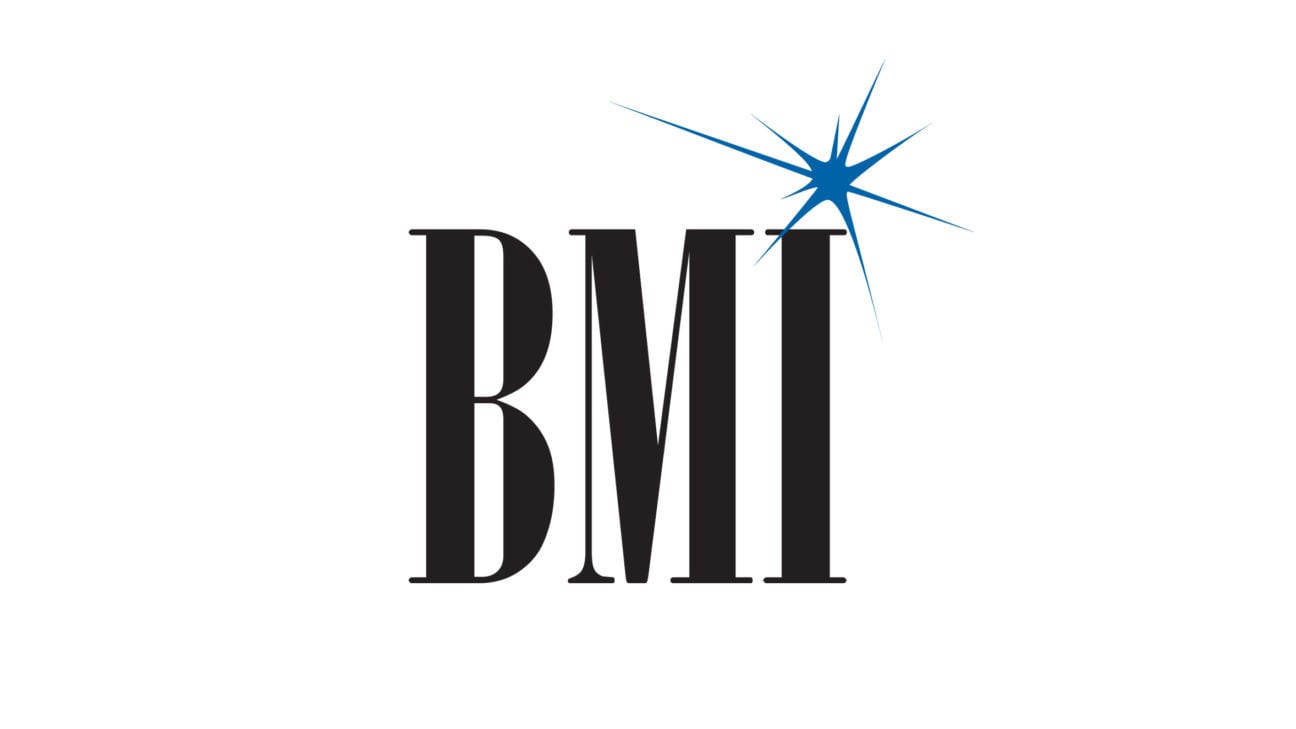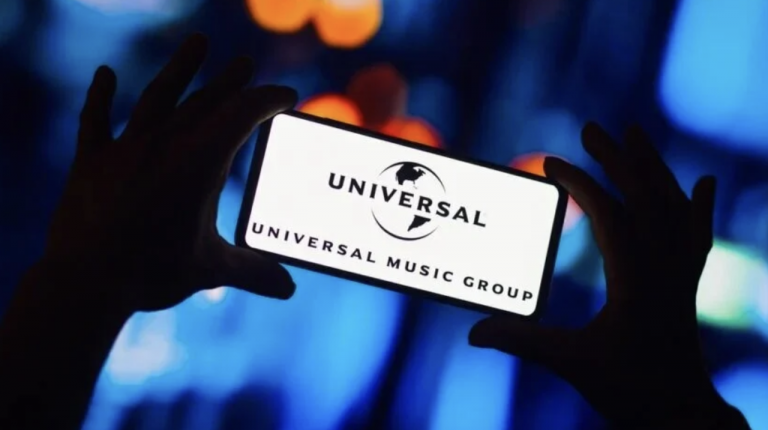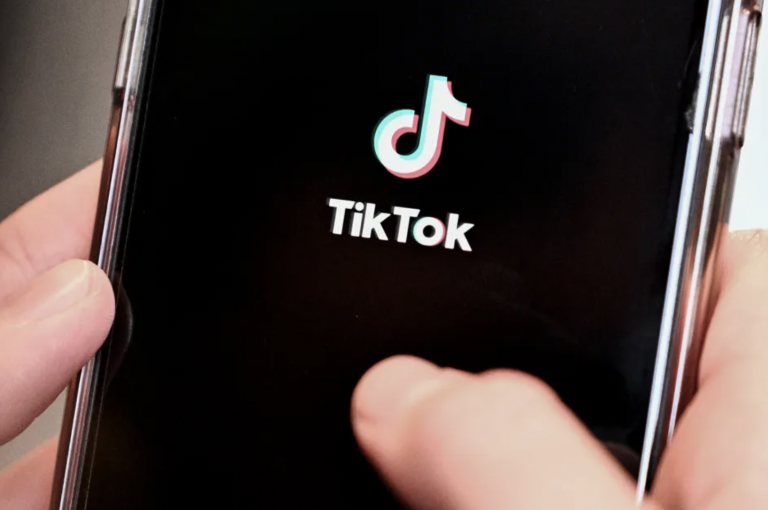
The world’s largest music licensing organizations just gave AI-assisted music a green light. Today, October 28, North American performing rights organizations (PROs) ASCAP, BMI (US), and SOCAN (Canada) announced a major “alignment” of their policies regarding artificial intelligence. The bottom line? If you’re a songwriter using AI as a creative co-pilot, your resulting work is now explicitly welcome for registration. This landmark move clarifies a confusing landscape, but it comes with a few essential conditions.
The New Rules: Welcome to the Hybrid Era
This joint policy specifically embraces musical works that “combines elements of AI-generated musical content with elements of human authorship.” By formally accepting these “partially” AI-generated works, the PROs are ensuring that human creators using the technology are properly compensated for their effort and artistry.
ASCAP CEO Elizabeth Matthews framed the update simply: “Songwriters and composers have always experimented with innovative tools as part of their creative process, and AI is no exception.” This sentiment was echoed by BMI President & CEO Mike O’Neill, who called the alignment an “important first step in protecting human creativity as AI technologies evolve, while supporting the songwriters and composers who choose to use AI as a tool.” The message is clear: AI is being treated as a new, powerful tool in the creative arsenal.
The Hard Line: Theft is Not Fair Use
While the door is open for human-AI collaborations, a hard stop remains. The new registration policies explicitly state that musical compositions “entirely created” using AI tools are not eligible for registration with any of the three societies. This position mirrors the findings of the United States Copyright Office (USCO), which has held that copyright requires a sufficient amount of human expression.
Furthermore, the PROs didn’t mince words on the ethics of AI training. In a powerful joint statement, they stressed that AI technology companies “ingesting and training models on copyrighted musical works without permission from, compensation for, or credit to creators is not fair use, but theft.” By aligning and leveraging their collective influence—and by weighing in on initiatives from The White House and the Government of Canada—they are actively working to enforce strong copyright laws globally.
This policy alignment is a crucial victory for the human side of the music business. It sends a dual message: AI is a powerful, recognized tool for creation, but it must be used fairly and ethically. This collective North American step ensures that as technology marches forward, the rights and compensation of the songwriters behind the melodies remain the priority. As SOCAN CEO Jennifer Brown eloquently put it, “The future of music can embrace AI and still remain deeply human.”





